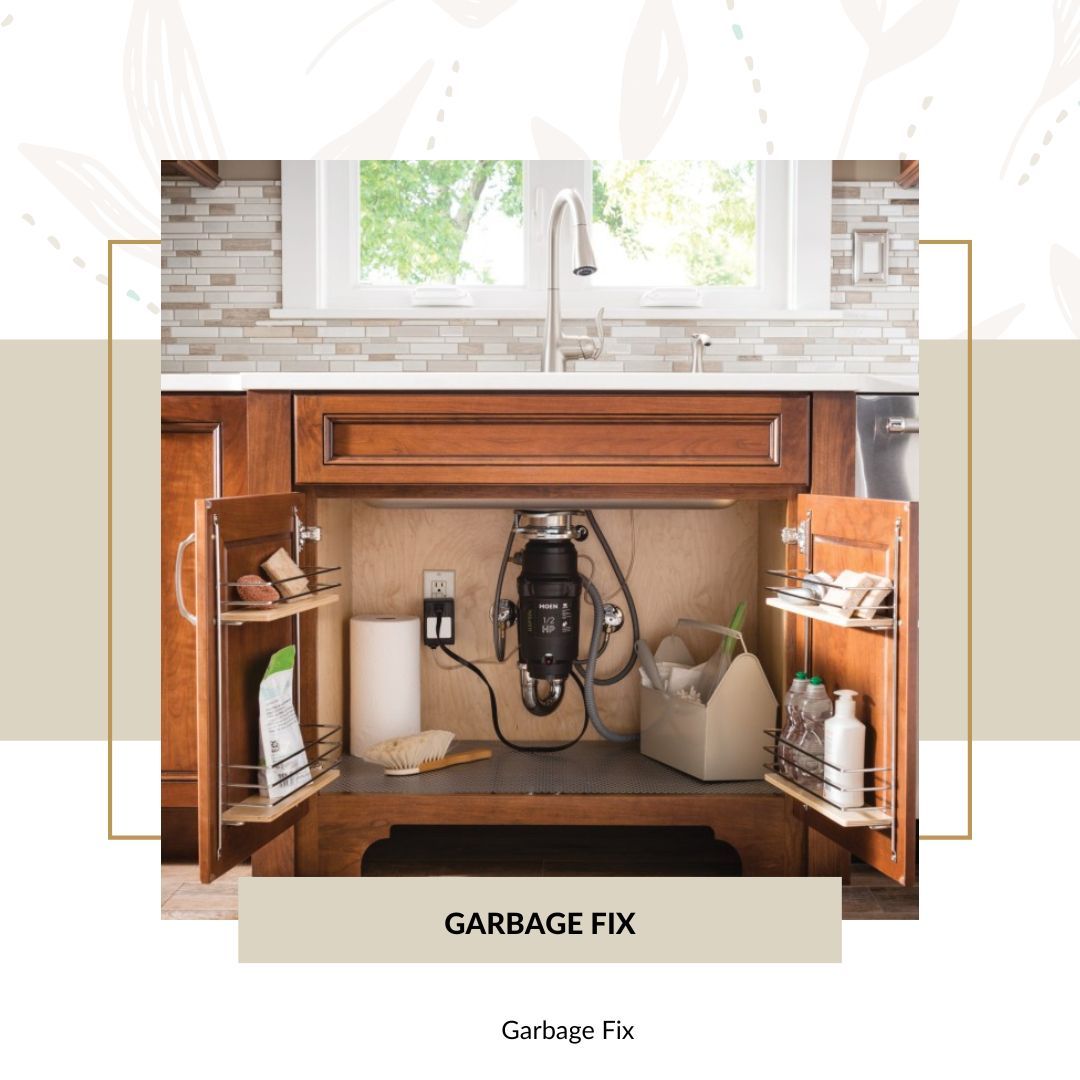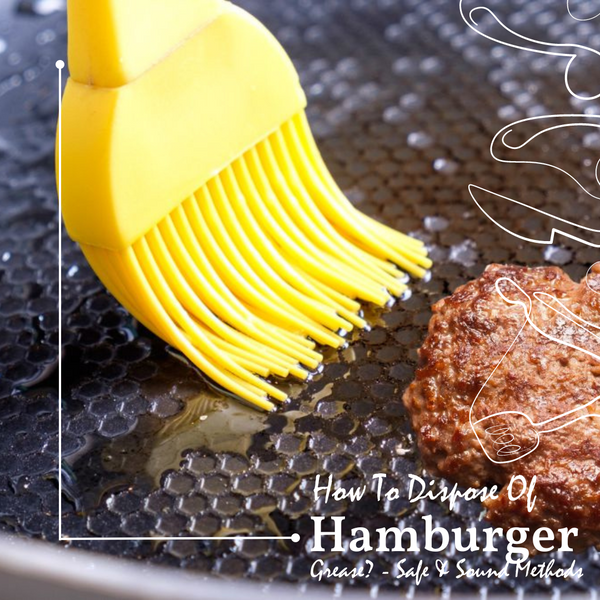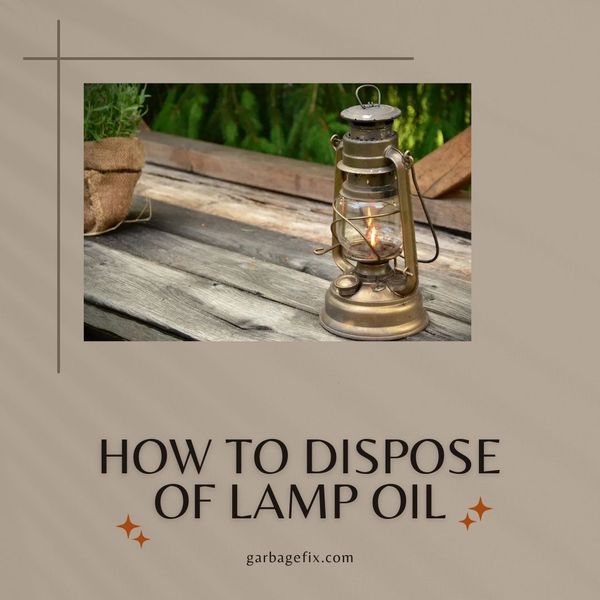What is a Disposal?
Garbage disposal is usually an electrically powered device installed under a kitchen sink between the drain and the trap. The disposal grinds food waste into small particles washed away by water flowing from the sink's drain into the trap.
It plays a significant role in global warming, and approximately 50% carbon dioxide. Municipal solid trash generated methane leaks in 2019 that were nearly high as the annually produced greenhouse gases from much more than 21.6 million auto parts.
Garbage disposals effectively remove waste and send it for disposal in an ecologically acceptable manner. Several large wastewater treatment facilities in the US use bio-gas production to convert the gas produced by wasted food into bio-fuel.
Farms receive fertilizer made from residual solids. Determine how your area waste disposal facility handles the town's waste if you're thinking about adding or updating disposal but are worried about indirect pollution.
What Is A Non-Corded Disposal?
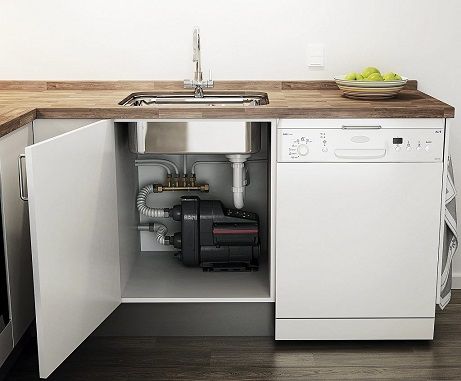
If you're looking for an alternative to corded garbage disposal, you may wonder what non-corded garbage disposal is. Essentially, the non-corded garbage disposal is disposal that doesn't need to be plugged into work. Instead, it runs on batteries or another power source.
There are a few advantages to using a non-corded garbage disposal. First, it's much more convenient since you don't have to worry about plugging it in or running into cords. Second, it's much safer since there's no risk of electrocution. Finally, it's typically more affordable than a corded model.
If you're interested in finding non-corded garbage disposal, there are a few things to keep in mind. First, make sure to choose a model that is compatible with your power source. Second, consider the size and capacity of the unit.
And finally, think about the price. With a little bit of research, you should be able to find the perfect non-corded garbage disposal for your needs.
What Is Corded Garbage Disposal?
When the disposal is tethered, it is linked to a switch that is mounted in an electrical panel either in the main cupboard of the basin or on a nearby wall.
A second box within the cabinet typically acts as a fuse box if the switch is close to the basin. Thin, flexible tubing should cover any visible wiring within the box. Most countries also permit the protection of this straight cabling inside non-metallic flexible conduit or piping.
Disposals do not come with cords; they should be bought separately. The components needed for placement, including a grounding appliance power cord with socket, a cable clip, and plastic wiring couplings, are all included in several kits that are readily accessible.
Make sure you use a grounding cord for your trash disposal with the right voltage and current standards. Although it's typically simpler to wire the disposal before placing it beneath the sink, you may alternatively finish the wiring once the device is in place.
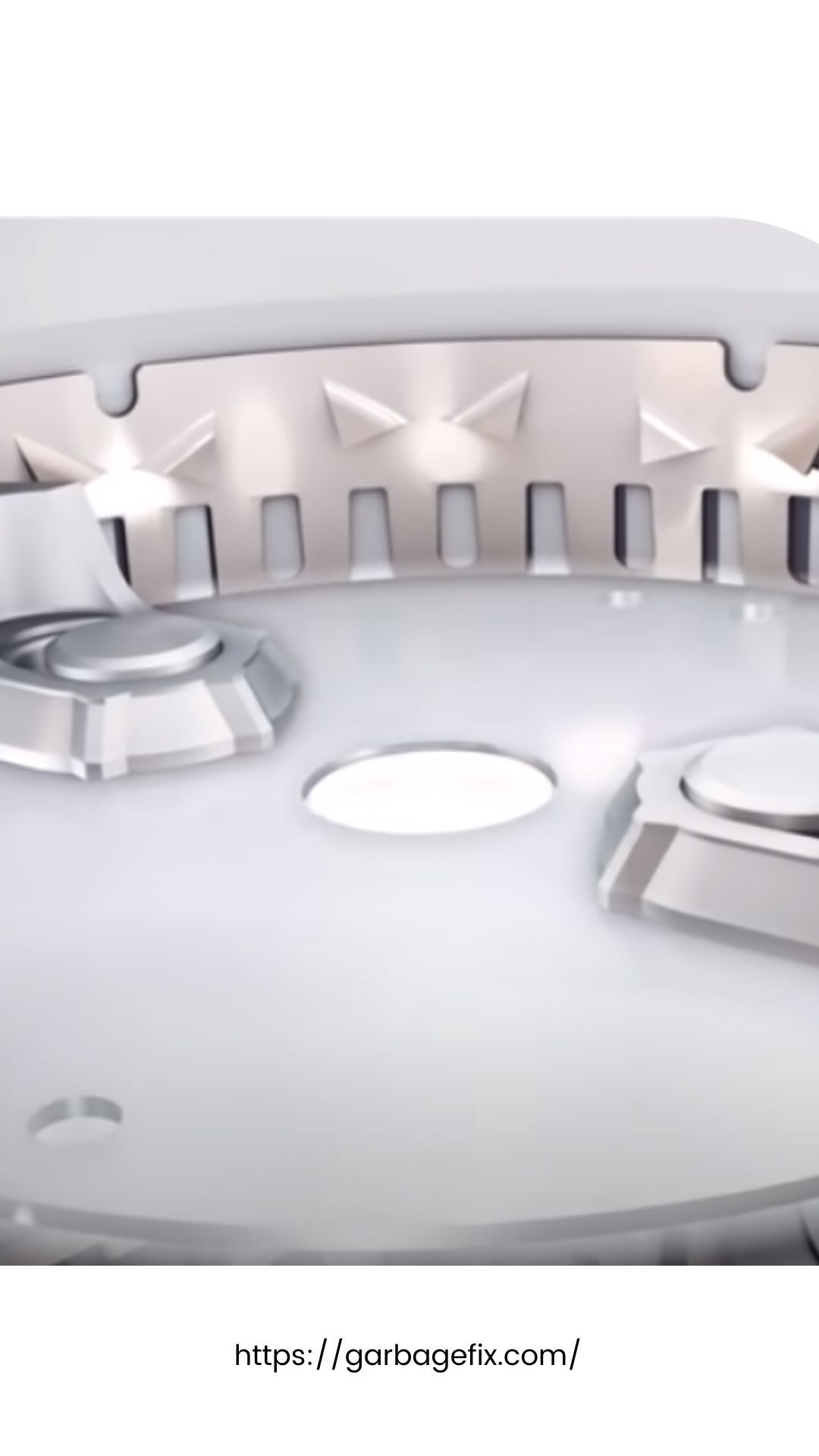
How Is A Non-Corded Disposal Different From A Cored Disposal?
Non-corded garbage disposal is a type of garbage disposal that does not require an electrical outlet. Instead, it uses a battery to power the unit. This makes it a great option for people who do not have an electrical outlet in their kitchen or want to save on energy costs.
A nationwide typical CR research conducted in February 2020 of 1,000 U.S. adults revealed that slightly over half of Americans live in houses with trash disposals. Among those who do, more than 60% claimed their disposal was already fitted when they relocated there.
Why Should You Consider Installing A Non-corded Disposal?
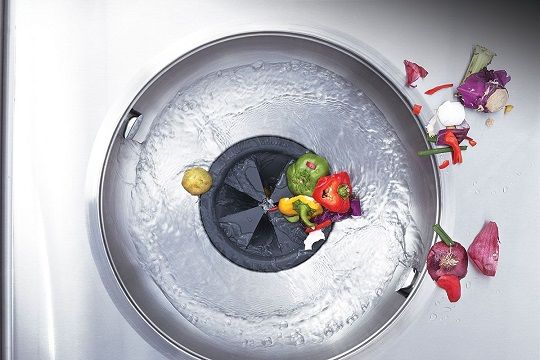
Like most people, you probably don't give much thought to your garbage disposal. But if you're considering installing a new one or replacing an old one, you may want to consider a non-corded model.
There are several advantages to non-corded disposals. First, they're less expensive than corded models. Second, they're easier to install - no need to worry about finding a place to plug it in.
And third, they're safer. Because there's no cord, there's no risk of electrocution if the disposal should happen to come into contact with water.
So if you're in the market for new garbage disposal, consider a non-corded model. You'll save money, and installation is a breeze - plus, it's the safer choice.
Septic Systems with garbage disposals: Are They Safe?
For properties with septic tanks, some disposals are specially made. These devices discharge an enzyme when they are in use to aid in further breaking down food trash as it reaches your septic tank.
Your septic tank's starch granules will rise if you use a garbage disposal. Yet, there are steps you can take to ensure your drainage system and disposal system function together effectively so that you can conveniently dispose of food scraps in your kitchen.
Advice on Maintaining Garbage Disposals
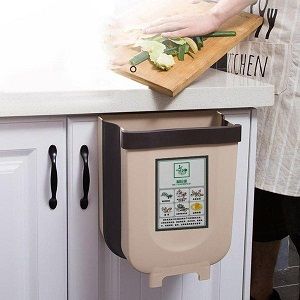
- To ensure that all solid waste has been flushed down the drain, consistently provide cold water while the disposal is operating and for at least thirty seconds after the material has been removed.
- Running the lukewarm water and trash disposal simultaneously at the time wears down the motor.
- Table leftovers should always be kept in the composting process. Both the landscape and the disposal's lifespan can be improved by it.
- Don't let food stay in the garbage disposal for too long. The garbage can damage the grinding tank and produce smells that may be difficult to remove.
- Never dump grease or oil into the garbage disposal. These block the plumbing lines and make "debris" in the disposal, which is more difficult to remove.
- Ice cubes may be ground in the garbage disposal to remove dirt and prevent food waste build-up, but it won't polish the blades.
Conclusion
Everything about what is a non-corded garbage disposal, along with a lot of other information, has been condensed in this blog. Now, it's up to you to decide what's best for you!


